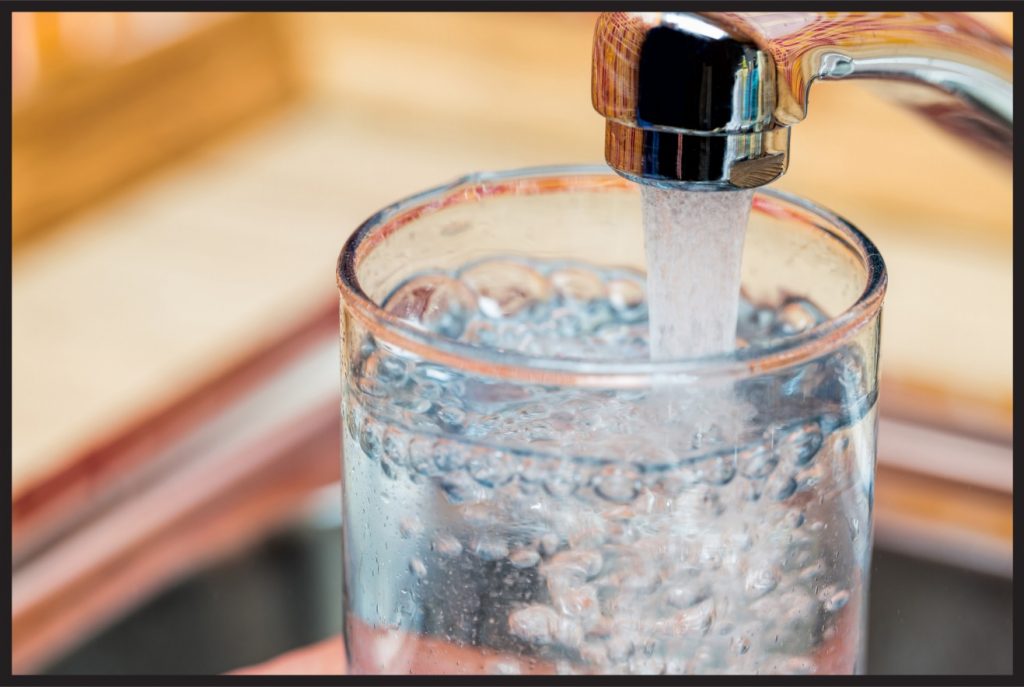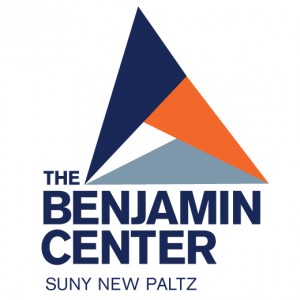 The Benjamin Center for Public Policy Initiatives at SUNY New Paltz will collaborate with the Village of New Paltz and the New York State Department of Environmental Conservation’s Hudson Estuary Program to host a public discussion titled “Our Drinking Water Challenges: Infrastructure, Local Water, and Protecting Open Space.”
The Benjamin Center for Public Policy Initiatives at SUNY New Paltz will collaborate with the Village of New Paltz and the New York State Department of Environmental Conservation’s Hudson Estuary Program to host a public discussion titled “Our Drinking Water Challenges: Infrastructure, Local Water, and Protecting Open Space.”
This event will take place on Wednesday, Jan. 31, from 6:30 – 8:15 p.m., in Science Hall Room 181 on the New Paltz campus. It is free and open to the public.
“In New Paltz we see the evidence of aging water infrastructure on a regular basis: brown water in our faucets, water main breaks shutting down our streets, and increasing costs of purchasing water from New York City’s aqueduct system,” said Village of New Paltz Mayor Tim Rogers. “We have at least $15 million of water infrastructure projects staring us in the face, and are actively exploring sourcing more of New Paltz’s water locally.
“This event will inform public discourse about the critical need to understand and act on water and open space interrelations, as our village prepares to lead the way in mindfully protecting valuable open space while also developing new ways to source safe, affordable and local drinking water.”
The evening’s program will feature keynote remarks from three speakers with deep knowledge of and experience with New York State water delivery systems, as well as a panel discussion that will include ample time for audience Q&A.
“Across New York State, our 100-year old drinking water systems are in dire need of repairs and improvements, and our region is blessed with world-class open space that needs protection. Sourcing water on protected land makes sense for the environment and for people,” said Benjamin Center Associate Director and Deputy Mayor of Village of New Paltz, KT Tobin, who will also serve as panel moderator.
The first speaker will be Sabrina Ty, president and CEO of the New York State Environmental Facilities Corporation. Ty will discuss the actions the state is taking to respond to our drinking water infrastructure challenges, including the 2017 Clean Water Infrastructure Act, which calls for $2.5 billion of investment in water infrastructure and water quality protection.
Tracey Hitchen Boyd, assistant comptroller for the state’s Division of Local Government and School Accountability, will then discuss a February 2017 report that showed that New York’s oldest water systems may require nearly $40 billion in investments over the next two decades.
The third speaker will be Marilyn Wyman, issue leader for Natural Resources & the Environment at Cornell Cooperative Extension, whose presentation, “Forests and Their Importance for Water Quality and Quantity,” addresses the benefits of sourcing water on protected land.
Following the keynotes, Tobin will moderate a panel discussion featuring the following guests:
- Adam Bosch, director of public affairs with the New York City Department of Environmental Protection and adjunct faculty in the Department of Digital Media and Journalism.
- Charlie Burgess, land steward with the Open Space Institute
- Elisa Chae, watershed specialist with the Hudson River Estuary Program
- Karen Mejia, City of Newburgh councilwoman representing Ward 1
- Dan Shapley, water quality program director with Riverkeeper
- Russell Urban-Mead, vice president for environmental services with the Chazen Companies
Tobin will pose a few prepared questions to the panelists, and then open the floor to discussion driven by audience questions.
 About the Benjamin Center
About the Benjamin Center
The Benjamin Center (formerly CRREO) was established in 2007 to further engage SUNY New Paltz with communities, governments, not-for-profits and businesses across our region. The center conducts and publicizes research on regional topics; creates and directs select institutes focusing on specific areas of regional interest; connects and partners with local governments, not-for-profits and businesses to initiate reforms and advocate for best practices; contracts to assess the performance of public and not-for-profit agencies and programs; and works to foster intergovernmental collaboration and community engagement.
More information about The Benjamin Center is available online.
If you are interested in being added to the mailing list for reports from The Benjamin Center, please send an email with your address to wilkinsc@newpaltz.edu.

